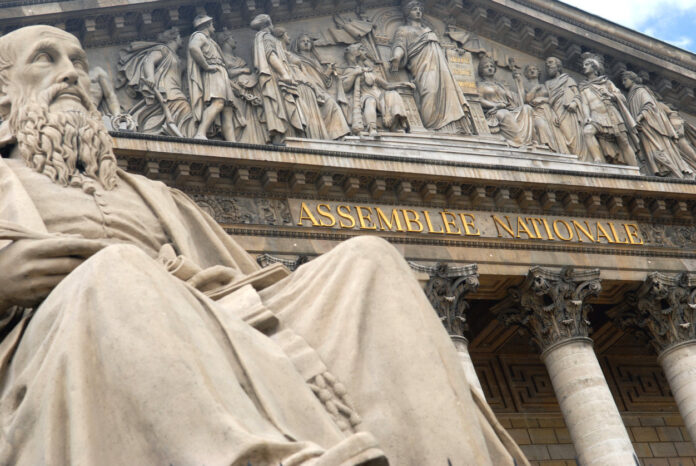After the use of article 49.3, the two motions of censure filed against the pension reform were rejected by nine votes on Monday. Despairing news for many French people, who have decided to continue the fight against pension reform to the end. Since the final adoption of the text, tensions have indeed been growing in many large cities in France with mobilizations launched every evening. At the dawn of a new day of demonstrations scheduled for Thursday, March 23, many hope for an abandonment of the law under pressure. It must be said that there have already been precedents, notably in 2006. Explanations.
The pension reform continues to agitate minds and debates. For the French, things are simple: the forced passage of the government through article 49.3 cannot be accepted. While hopes remained high with the tabling of two motions of no confidence in the National Assembly, the vote ultimately failed by just nine votes. Since Monday evening, thousands of people have decided to unite in the streets, every evening, to protest against this reform deemed unfair.
In the opposition as in the unions, the mobilization remains as strong and it is now many fears of excesses that are emerging. The unions have already planned a new day of demonstration this Thursday in order to express their anger and call on the French to join the movement. While the text must soon be examined by the Constitutional Council, its promulgation could be canceled. Like the CPE in 2006.
Within 15 days, the reform of the reforms could be definitively promulgated after a passage before the long-awaited Constitutional Council. This could, in fact, challenge various elements such as the creation of the senior index or the use of article 49.3 to commit the government of Elisabeth Borne.
In this context, the unions hope to see the scenario of 2006 repeated with this reform. As BFMTV reports, the leader of the CGrT, Philippe Martinez, is counting on the mobilization of the street, which had already won with the withdrawal of the law passed on the CPE. For him, “even passed, a law is not necessarily applied”.
In March 2006, the National Assembly voted to create a new employment contract, the CPE, led by Dominique de Villepin, then Prime Minister of Jacques Chirac. At that time, article 49.3 had been used to pass this law, but the opposition quickly rose to denounce its injustice.
The law on the CPE provided, in fact, that an employer could dismiss an employee under the age of 26 without reason within a “consolidation period” of two years after the signing of the contract. Faced with the unfailing mobilization of students and stormy demonstrations, Dominique de Villepin had finally announced its repeal. Can the scenario be repeated with the pension reform? This is what a majority of French people now hope for.





